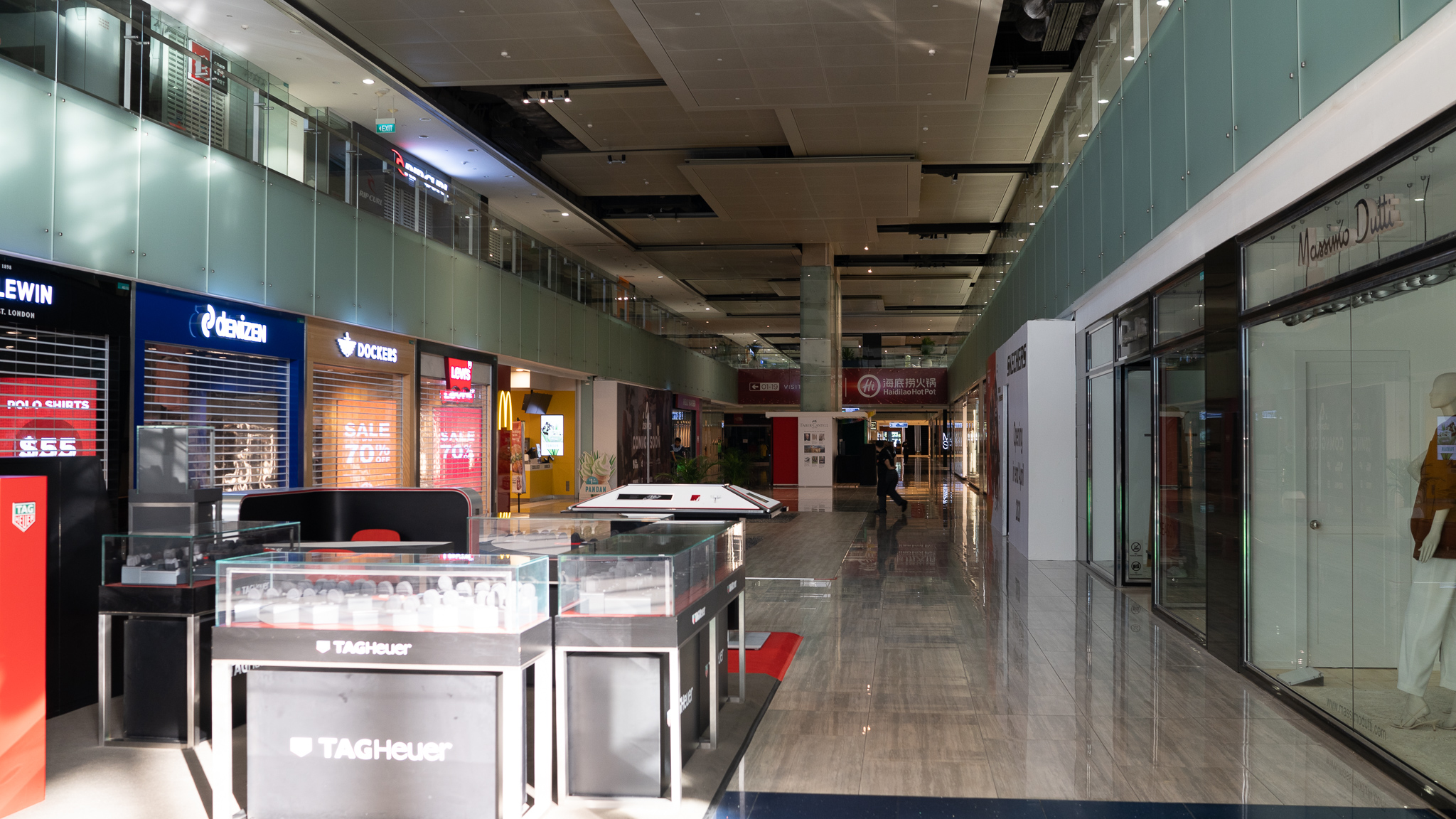This week the Ministry of Trade and Industry (MTI) announced that Singapore’s gross domestic product (GDP) will shrink between 5 and 7 per cent in 2020, compared to the previous forecast range of -4 to -7 per cent. On Tuesday, 11 August, MTI said the economy contracted by 13.2 per cent year on year, sharper than the earlier forecast of 12.6 per cent and the worst on record.
Mr Chan Chun Sing, the Minister for Trade and Industry, expressed that, “This is our worst quarterly performance on record. The forecast for 2020 essentially means the growth generated over the past two to three years will be negated.”
Adding to the challenges companies are facing, Mr Chan warned that, “The painful truth is this — we are not returning to a pre-COVID world, recovery will be some time yet and recovery is not likely to be smooth.”
“In the coming months, retrenchments will rise, some companies will be forced to close, and it will be a difficult time for our people and businesses,” he told reporters via virtual correspondence.
Companies in Singapore are facing significant internal and external pressures. Singapore’s external demand outlook has weakened significantly with major economies grappling with the COVID-19 pandemic. The risk of major resurgence of COVID-19 infections globally could further weaken external demand, adding further downward pressures.
With COVID-19 infections continuing to rise globally, the need for continued public health and safe distancing measures to tackle the spread of the virus remains and is expected to dampen consumer and business sentiments, and weaken labour market conditions, affecting personal consumption expenditure. We are seeing added risks from geopolitical tensions and anti-globalisation sentiments, with countries leaning more towards protectionist policies. This, in turn, would further disrupt global supply chains weighing in on global trade and the global economic recovery.
The reopening of international borders is taking place more gradually than earlier anticipated. This has significantly affected Singapore’s status as a travel hub, impacting local sectors that are reliant on tourism and air travel. Furthermore, sectors that are dependent on foreign workers who stay in dormitories have been affected by the longer time taken to clear these workers for work. Safe restart requirements have also added to the challenges faced by these firms.
We are in a midst of the worst financial, health, and socioeconomic storm that will severely test the resilience of companies in Singapore. Economists have highlighted that the global economic downturn would increase the stresses on the financial system resulting in a rise in corporate indebtedness, financial market dislocations, and capital outflows from emerging market economies.
The Singapore Government has been doing its best to infuse the economy with funds and provide relief measures such as wage subsidies and deferments in loan repayments to help businesses tide over this difficult period. However, with some measures scheduled to end in the coming months, companies and households would experience greater financial stresses and impact on cashflow reserves. Financial institutions in Singapore have set aside additional funds to cover potential bad loans as business conditions continue to remain weak, and the risk of further COVID-19 outbreaks remain ever present.
Like the rest of the world, the turbulent waters that Singapore companies are navigating began before the onset of the COVID-19 pandemic, as a result of the protracted US-China trade war which dampened business sentiments. The already weak business sentiments spread throughout all sectors of the global economy as governments struggled to contain the spread of the virus and began locking down their economies. More recently, a Thomson Reuters/INSEAD survey found that business sentiments of Asian companies have sunk to an 11-year low in the second quarter 2020 with deepening recession being a key risk concern for the next six months, and companies expecting staffing levels and business volumes to decline.
Former Senior Minister of State for Trade and Industry, Chee Hong Tat, highlighted in June that Singapore could face a significant “uptick” of business cessation in the coming months as the COVID-19 pandemic continues to put a severe strain on the Singapore economy. He added that it is not possible to avoid firm closure and retrenchments. These were happening even before the outbreak. But with COVID-19, we must expect the situation to worsen and these numbers to go up.
Economists warn that more companies will go under, after wage support is cut for most sectors and job losses are expected to swell in Q2. Referencing data from Accounting and Corporate Regulatory Authority (ACRA), in the first three months of 2020, 239 companies went into liquidation, as compared with 287 for the whole of 2019. Liquidation or winding up of a company is a process where the company’s assets are seized and sold, with the proceeds used to pay off its debts and liabilities. To avoid winding up, many small and medium-sized enterprises (SMEs) are diversifying their offerings to find new sources of revenue, and resorting to taking on odd jobs to make ends meet. Even large companies such as SIA have resorted to stringent cost cutting measures with more than a fifth of the 27,000 staff members under the SIA Group taking no-pay leave and the company reducing management fees.
Despite the best measures and support from the Government, there will be more business cessations, financial indebtedness, and insolvency resolution processes taking place here in Singapore. It is thus important to understand the various options available to companies. Corporate rescue laws have been established in many countries, including Singapore, and generally seek to preserve the value of an ailing enterprise. Known as judicial management in Singapore or Chapter 11 bankruptcy in the United States (US), the underlying principle behind restructuring or reorganisation proceedings is that a business may be worth a lot more if preserved, or even sold, in its current state rather than having individual parts sold off in a piecemeal manner.
The Legal Department of the International Monetary Fund (IMF) highlighted that due to the nature of current economies, reorganisation and restructuring of ailing firms have become more important than ever before as some companies are worth more in their current state run by existing managers and with existing shareholders, than if sold to third parties and managed by new teams. The IMF said that, “In the modern economy, the degree to which an enterprise’s value can be maximised through liquidation of its assets has been significantly reduced. In circumstances where the value of a company is increasingly based on technical know-how and goodwill rather than on its physical assets, preservation of the enterprise’s human resources and business relations may be critical for creditors wishing to maximize the value of their claims”.
In the current economic climate, governments have been focused on saving jobs and maintaining employment levels. Corporate rescue laws in the broader sense — besides maximising returns to creditors — have also been seen as a means of preserving employment, encouraging the creation and development of an entrepreneurial class of business people, and facilitating national strategic objectives such as maintaining choice for the consumer and keeping alive national champions that might otherwise fall victim to foreign competition.
When a company files for Chapter 11 in the US, it is assigned a committee that represents the interests of creditors and stockholders. Chapter 11 is typically based on a debtor in possession approach where the existing management team remains present but is transformed legally into a quasi-trustee in bankruptcy. In Singapore, judicial management would result in the board of directors losing their management powers and functions to an appointed judicial manager. The displacement of management in a corporate rescue plan is not unique to Singapore and mirrors similar practices in the UK and other similar jurisdictions.
Cessation of a business is never easy or pleasant. Sometimes the quick sale of company assets that can be more effectively used by the purchaser and, in the process, maintain employment is seen as the better approach rather than the tedious process of restructuring an existing corporate vehicle and getting the restructuring deal approved.
It is a difficult decision to make. Business owners and shareholders may need to ask these hard questions in the coming weeks and months as the pandemic and economic crisis will be here for the foreseeable future.































